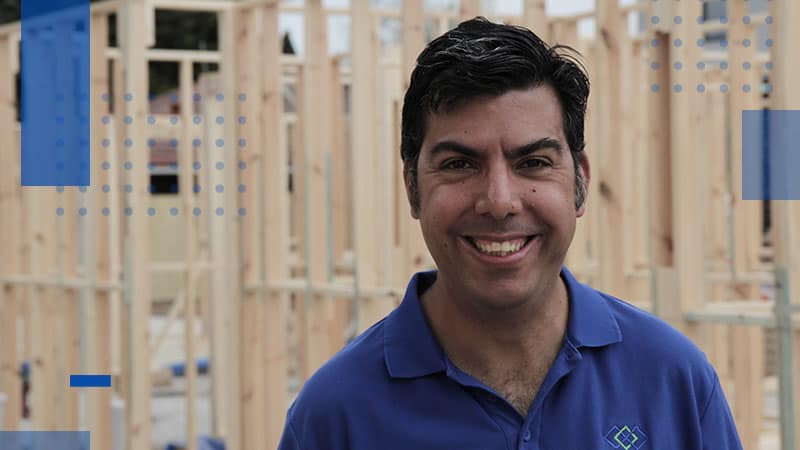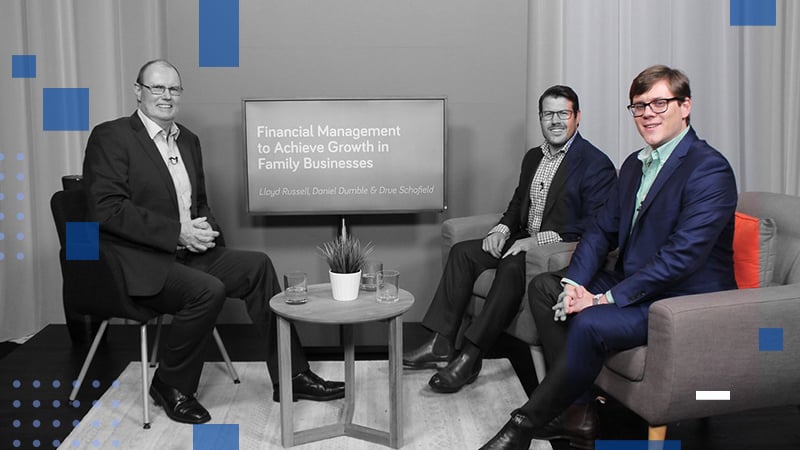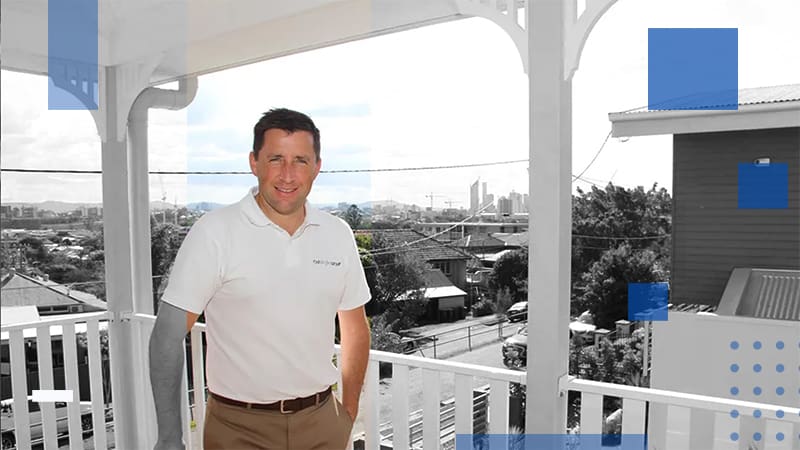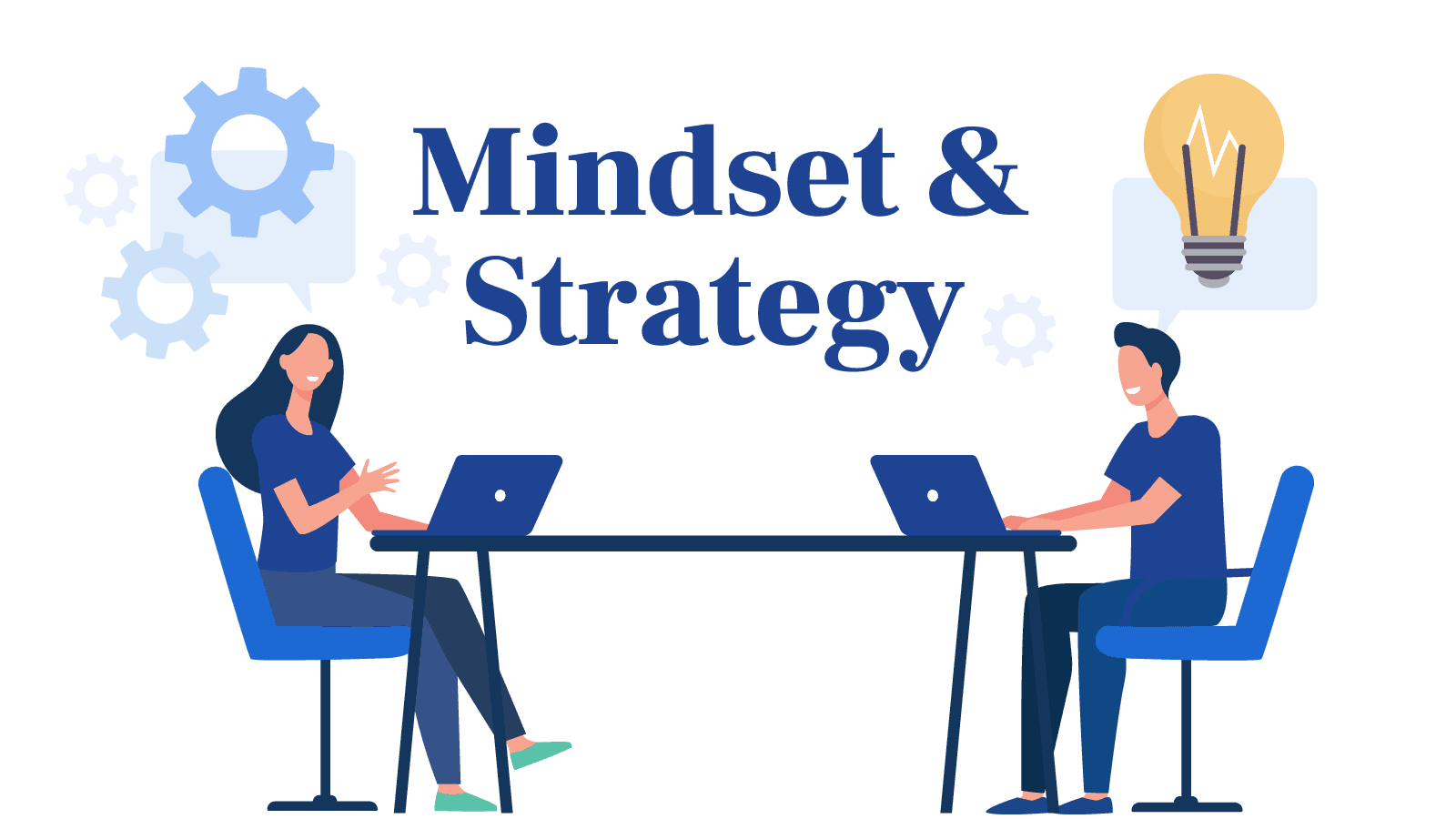





In 2006, Jennifer Hawkins invested $469,000 in a three-bedroom, two-bathroom double-storey house in Merewether—a suburb near Newcastle, which was her hometown—and leased it out until she sold it for $782,000 in 2017.
Soon after she bought that first property, she decided to take her property investing a notch higher in 2007 and invested in two more properties to add to her portfolio.
In January that year, she first bought another double-storey, three-bedroom two-bathroom house in the same area for $620,000 which she leased for a weekly rental return of $530 per week.
Then the second property Jennifer Hawkins bought in 2007 was in Bondi, Sydney—a posh two-bedroom condo for $895,000. She and her husband Jake Wall, whom she married in 2013, lived there for many years before selling it for $1.2 million in 2014.

Clearly, very early in her property journey, Jennifer Hawkins was on a roll as a property investor and developer. And her husband—who turned out to be of her kindred spirit in property development and was, in fact, a builder—similarly excelled at buying and flipping houses.
In fact, after building their four-level mansion—on 3252 square metres of land—on the Newport waterfront in Sydney in 2017 with a total budget of $6 million (i.e. $4 million for the land and $2 million for the build), the couple has put up the property for sale and listed it for a whopping $20 million in November 2019. (It’s now just waiting for its next owners.)
Without doubt, Jennifer has been able to be present and be a full-time mom with her infant daughter while building up her property portfolio and earning passive income.
If it’s a short-term investment, an investor often engages in the game plan of buying, remodelling, or renovating real estate, then selling it at a profit within a short time frame (also called 'renovate and flip').
For investors who go into it for the long term, they work out a strategy —usually from 5 years to almost 20 years in some cases. From there, they conduct due diligence to pinpoint the most profitable, highest and best use of a property.
Big success stories like Jennifer Hawkins, Harry Triguboff or Steve McKnight abound in the property market. And it’s undeniable that the prospect of becoming a property investor is a tantalising one.
Well, if you’re like me and you aim to be a successful property investor or developer, it would be encouraging to hear that these successful people were once just like us.
For investors who go into it for the long term, they work out a strategy —usually from 5 years to almost 20 years in some cases. From there, they conduct due diligence to pinpoint the most profitable, highest and best use of a property.

Okay, for those who are only starting this journey and want to understand what property investors do (which is most probably precisely why you clicked on this article in the first place), let me first give you a brief description of who a property investor is.
In a nutshell, a property investor is someone who invests in a property or properties that he or she has purchased with the aim of making that property or properties earn a return of the investment via the future resale of the said property or properties—via rental income, or through both.
And anyone can pursue the path of being a property investor—given that he or she has the commitment, right mindset and smart strategy to take on the property path.

So, now that you know what a property investor is, asking the big ‘why’ on becoming one is the first big step you can take on your own property journey.
Knowing your "why" will, after all, help determine how committed you'll be in your pursuit of success in the property market. And only you can answer this question.
READ MORE: Investment Property Guide: Learnings From Cate Blanchett
Like I mentioned earlier, the idea of becoming a property investor is an enticing prospect.
So for brevity, the general answer for why people become property investors is financial freedom.
In point of fact, here’s the big picture of property investment: If you get it right, you can build an amazing portfolio that generates long-term cash flow. And the capital gain you make on any sales can give you a healthy chunk of cash when needed.
READ MORE: Life Goal: Achieving Financial Freedom

Perhaps you’re already sold on the idea of becoming a property investor and you want to already start investing in property.
However, you also realise that you don’t know how to do it. You don’t know enough about real estate to become an investor. Or, to be more precise, you don’t know the fundamental tasks that an investor must complete to succeed.
That means you’re nowhere near ready to start exploring the property market.
Don’t worry! I want to help you with that.
Yes, you first need to understand the investor fundamentals before you try to build a property portfolio. And what better way to learn these important basics but to hear it from those who’ve already ‘made it’?
Thus, to illustrate the key tasks that you need to complete to succeed as a property investor, I’ll share with you the top-notch tips I’ve learned from seasoned experts in the field, who are some of Australia’s most successful investors and property developers.
So, if you’re ready to start your adventure of becoming a property investor, keep on reading!
READ MORE: How To Be A Successful Investor in Real Estate With No Experience

Life, Business and Property Coach Jill McIntyre’s amazing success in property was born out of a tragedy.
When she was just 39 years old, her husband passed away. This sudden blow left her to take care of two children, aged 9 and 11, all by herself. She knew that she needed to find a way to create a better future for her kids. And in the long journey of moving forward and making a living, see soon realised that property was the answer.
Along with that answer was her belief that ‘if you turn up, the opportunity will turn up’.
So, she pushed herself out of her comfort zone and maintained a growth mindset, not allowing negative circumstances or discouraging situations to deter her from finding the right solution or pushing through the muck.
By the year 2000, she and her children moved to Sydney, where she attended a property course that paved the way for her to join a property group shortly after.
She soon got involved being hands-on in property investing with business partners—buying and renovating existing houses to grow their portfolio.
And the rest is history.

Today, she has an amazing portfolio that provides for her entire family. She’s also the founder of Decide Believe Begin Become. And as a property coach, she says that your mindset is one of the keys to your success as an investor.

However, all of that technical knowledge means little if you don’t have the right mindset.
As can be seen in Jill’s experience, a growth mindset is ultimately what leads successful property investors coming out on top.
READ MORE:

Entrepreneur, fellow podcaster and international property investor Reed Goosens is living proof that learning as much as possible in property development and investing can be a boon in the property market.
Currently, he controls over $100 million of real estate in the United States alone. And he’s quick to point out how important education is to his investment decisions.
When I asked about one of his first investments during an interview, he shared with me this: ‘I was just reading and consuming as much as possible. And within I think it was seven or eight months, I had purchased my first property.’
At the time while already working as a civil engineer with big developers, Reed decided he didn’t want to sit in a cubicle in the next 40 years of his life.
So, when he read Rich Dad Poor Dad by Robert Kiyosaki, he put into action what he had learnt (and would eventually continue to learn)—thus starting his property journey in early 2010.

You need to have a strategy if you are to be a successful property investor.
That means your task is to educate yourself as much as possible. And the important thing to remember is that this education has to continue throughout your career.
You must decide to take time and commit to becoming a life-long student in the property market.
Because Reed Goosen has not stopped learning as much as he can about properties, the economy, the market, and all the other ways he can improve as a player in the property market game, it’s no wonder that he has become (and still is) a successful property investor.

On a final note, you have to remember that no investor knows everything, and there are always new challenges and ideas to learn about.
Commit some time each week to your education and you’ll stand a better chance than most as a property investor.
READ MORE: Controlling $100 Million of US Real Estate Investment

As an aspiring property investor, you must understand that all of the investment knowledge in the world can’t help you if you can’t finance a property purchase. Depending on where you buy, the upfront costs of investment property can extend to hundreds of thousands of dollars.
That’s why you need to learn about the world of financing.

During an interview with Michael, he recalls a particular experience he once had as an investor and how his broker helped him with his goals: ‘It was when he had highlighted that goal that everything made sense. All we did after that was, he then illustrated, in terms of, from a structural, financial perspective, how I could get there.’

In your own journey as a property investor, you can follow Michael’s steps and make finding a good mortgage broker your first priority.
Why?
A professional mortgage broker can help you to navigate the hundreds of loan packages available so you find the best one for you. (In fact, it’s something that Michael Xia does in his role as the founder of the Mortgage Channel.)
Of course, mortgages aren’t the only form of finance available.
You can also work with money partners, such as investors or joint venture partners, to fund your purchase. You must understand all the potential options relevant to your investment.
Furthermore, Michael gives constructive advice on how we can practically finance investment properties when he shared this philosophy:
‘My biggest philosophy—and I kind of mentioned it before ,too—is you want to create multiple streams of recurring income. You know, whether it’s through rental, or the properties increasing in value without you putting your time there; maybe it’s through dividends and shares; maybe it’s through your business income. But, ultimately, what you want to be doing is creating multiple streams of income. Because the one thing that everyone is limited in life is time.’
READ MORE: Don't Work For Money, Make The Money Work: Money Management Plan

Although the education system—or even maybe your upbringing—teaches us that debt is generally ‘a bad thing’, Henry Vila is a successful investor and property developer who highlights why debt can be a good thing.

Both Henry’s parents were accountants, and they actually helped him understand business and finance really well at a very early age.
And although his upbringing initially ingrained in him the idea that debt was bad, he entered investing in properties with the renewed mindset that not all debts were bad.
He leveraged certain debts—that is, smartly carried good debts—for the benefit of his property investments.

When you apply this tip in your own property journey, your task is to recognise which debts you need to pay down and which you can retain for leverage later.
Personal loans and car finance are examples of bad debt that don’t serve your investment strategy.
Your mortgage, and the equity it allows you to build, is an examples of bad debt.
Remember: As an investor, you need to understand that there are good and bad types of debt.
The good types are those that you create when you invest in an asset. That’s because you can leverage these types of debt to your advantage.
READ MORE: Creating Value, Money and Real Estate with Property Development

Owner of the 4Front Accountants, business advisor and property investor Drue Schofield makes it a point to chase the upside in properties or real estate—meaning, he doesn’t just buy properties just because.
He evaluates the potential appreciation of value in the real estate or properties he looks at before he even decides to invest in them. And from there, he can now determine the best way to profit from his investment properties.
So, in figuring out how best to make money from his properties, he experimented with several types of selling.
Sooner than later, when Drue found that auctions worked best for him, he shared with me this encouragement: ‘Don't be afraid to go to auction. You never know what result you might get.
You might just get a really good one like we did.’

Now, that doesn’t necessarily mean that auctions will work for every investor.
In Drue’s case, he managed to spark a bidding war that helped him to earn thousands of more on his sale.
I myself make it a point to look at all the potential ways I can generate income or profit from my investment properties, then choose the best one for each particular property in my portfolio.
Don't forget: There are all sorts of ways to make money with your property.
The point here is that you make a careful evaluation of the available options, and move according to a well-thought-out strategy.

In a nutshell, the important thing to remember is that you keep trying different things until you find the most efficient way to make money within your strategy.
READ MORE: This Real Estate Strategy Generated 50% Profit and Grew His Business

Jeremy Sheppard—a property investor and the director of research at Empower Wealth—gives his opinion on the invaluable importance of having data analytics software at your disposal in your pursuit of success as a property investor.
In one of my interviews with him, he shared about the benefits of data. He particularly pointed out that ‘it’s so easy to become biased about particular suburbs—and looking at things numerically helps us avoid that sort of bias. So [data is] handy for a number of reasons’.
As a property investor, you’ll likely work with a host of property researchers to find the right property for your strategy.
However, beyond that, you need to have appropriate tools at your own disposal so that you can make quick decisions. And that is where a data analytics software or tool comes in handy.
When Jeremy first started, that data came from the backs of industry magazines.
Today, there are many organisations, such as CoreLogic, that provide up-to-date data that you can use.

If you want to be successful in investing in property, you need to spend time reading this data and learning what it all means. Ultimately, investing is a business, and it’s the numbers that lie at the core of it.
As an investor, you need to remove all emotions from your transactions and rely on the data to steer you in the right direction.
READ MORE: Data Analysis Techniques: The Algorithm to Property Success

No investment comes without risk. You can take many actions to mitigate that risk, but it never disappears entirely.
And a necessary part of taking and mitigating risks is learning how to handle other people and their attitude towards the risks that you take—which is something that property investor Dean Parker experienced first-hand.
Dean was an IT consultant when he decided to shift to a different industry and become a full-time property developer and investor.
When I asked him about that experience, he said that his loved ones didn’t react well when he started educating himself on property developments and investing.
He shared this: ‘Most of our friends and family just didn't understand what we were doing and thought we were probably going to some cult rather than going somewhere to educate ourselves.’
Learning to take or mitigate risks is one of the aspects of property investing that few talk about. In truth, the people around can influence your mindset if you allow them to.
However, if you want to be a successful property investor, you must understand your appetite for risk and invest accordingly.

In your pursuit of becoming a successful property investor, your task is to learn about the risks you’ll take on.
That means managing both these risks and the people who try to discourage you from making the big change or changes that come with these risks.

By following Dean’s example, you’ll be able to open doors for yourself in the future.
In the end, understanding risks and taking risks according to your investment strategies—along with applying all the six previous tips I shared with you—will no doubt propel you to the direction of success in your investment properties.
Take it from me.
If I hadn’t bought my first property, I wouldn’t have arrived where I am today in my property journey—which is happily far from being over.
READ MORE: How Managing Market Risk Can Lead to Chances with Dean Parker

How you think and what you know are the two key influencers when it comes to being a property investor. And they actually sum up the seven tips I just shared with you.
Your main task is to align those two things.
You must adopt a growth mindset and understand your appetite for risk. And to bolster that mental strength, you need to learn as much about investing as possible.
Now, let’s go back to Jennifer Hawkin’s story for a moment.
After finding success in investing in property development, she shared these words: ‘You can never know what you will be doing. But I’ve worked hard. Everyone gets out what they put in. I definitely look at everything and go ‘wow’, it feels nice.’
You can arrive at feeling the same thing Jennifer felt when she looked back to where she started as a property investor—that is, once you decide to take the first step of having the right perspective and putting in the work with the right strategy.
READ MORE: Adaptive Strategy and Managing a Portfolio
Okay, I’ve shared the advice of seven property investors in this article. But we at Property Investory have so much more we want to share with you.
Like Jennifer or Harry or Steve, you can also succeed in being a property investor. And we can help you.
So, sign up today to get your hands on our 37 Buying Tips from The Experts report. And if you need any additional help, Property Investory can provide the guidance that you need.










